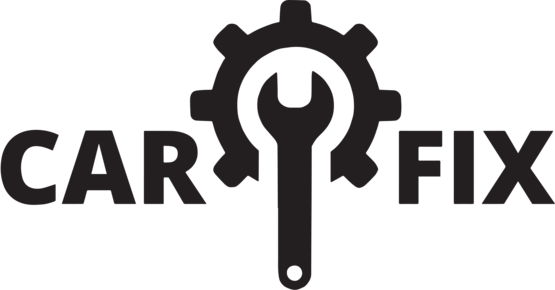Fuel Injection Keeps Getting Better for Shelby Township Motorists
November 13, 2022
Shelby Township residents know that engines burn fuel to operate. Fuel is pumped from your fuel tank to your engine where it is squirted—or injected—into your engine's cylinders. This is the function of the fuel injectors.
There are two ways to inject fuel into an engine. Fuel needs air to burn, so in the first method, fuel is injected into a port and allowed to mix with air—and before it is drawn into the cylinders. In the second method, fuel is injected directly into the cylinders and mixes with air after it enters the engine.
Direct injection engines burn fuel more efficiently than conventional engines. Some models can deliver the power of a V8 with the economy of a V6.
For example, in one family of engines, the conventional version (a V6) delivers about 250 horsepower. The direct injection version delivers over 300 horsepower and gets about the same . The turbocharged version delivers 350 horsepower.
Why the big difference in power? Direct injection systems allow fuel to be squirted into the engine at hundreds of times the pressure of a conventional engine. This atomizes the fuel better (breaks it down into tinier droplets), which means more of it gets burned, which translates to more power for your engine. It also results in cleaner emissions and improved fuel economy.
Fuel injectors are precision instruments. They have to deliver the right amount of fuel at exactly the time the engine needs it. They are also engineered to inject fuel with a specific spray pattern. This spray pattern allows for maximum fuel efficiency and proper atomization.
Direct injection engines require a much higher degree of precision than conventional engines. For this reason, they are equipped with more sophisticated computers.
When fuel injectors get dirty, their precision drops off. The spray pattern won't be precise, and the timing of fuel delivery may be off. This decreases fuel efficiency and fuel economy for Shelby Township drivers as well as delivering less power to the engine.
Fuel injectors are not cheap to replace. Direct injection fuel injectors are even more expensive. And we're talking a mortgage payment to buy a set of new fuel injectors for a diesel engine.
So keeping your fuel injectors clean is just good auto advice for Shelby Township residents. The best way to do this is to change your air and fuel filters regularly and practice other habits of good vehicle care and preventive maintenance at Car Fix Shelby in Shelby Township. Cleaning additives in your fuel can also help.
If you do end up with gum or varnish in your fuel system, you'll need a professional fuel system cleaning. This will clean out your whole system, including the injectors. The good news is that with proper maintenance, your fuel injectors will last for a long time.
Car Fix Shelby
46870 Van Dyke Ave.
Shelby Township, Michigan 48317
(586) 739-7810
Need Service?
More articles from Car Fix Shelby

The ?Man-Made? Engine Oil (Synthetic Oil Change)
April 20, 2025
If you own a newer vehicle, your vehicles manufacturer may require that it use synthetic oil instead of conventional oil. Synthetic oils are more stable, dont break down as easily, and provide better engine protection than conventional oil. All those things can prolong the life of your engine an... More

I Want a New Vehicle. Or Do I? (Vehicle Maintenance Payoffs)
April 13, 2025
Spring is a peak season for vehicle sales; companies aggressively market new models and offer all sorts of incentives. So you may be tempted to buy a shiny new beauty. But should you? If you've regularly maintained the vehicle you're driving now, you probably don't NEED a new one. Even if your... More

Follow the Bouncing Vehicle (Bad Struts and Shocks)
April 6, 2025
If you hit a bump in the road and your vehicle just keeps bouncing up and down for a lot longer time than it used to, you may have bad struts and shocks. They're the things that help to keep your vehicle's wheels and tires planted to the road surface. But they don't last forever. With care and ... More








